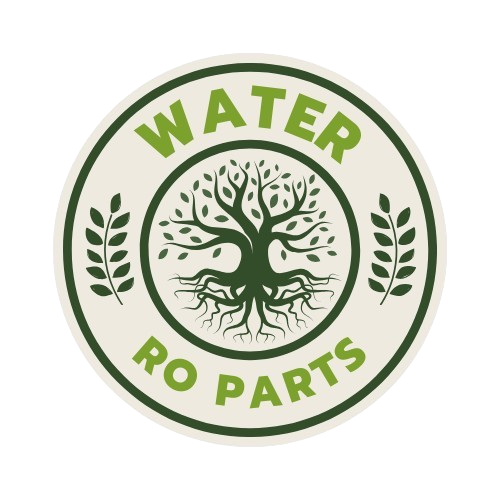The Ultimate Guide to Water Filters: Choosing the Best System for Your Needs
Did you know that over 80% of the United States has drinking water that doesn’t meet the EPA’s health standards? Clean water is essential for our health, yet many people unknowingly consume contaminants lurking in their taps. In this guide, we’ll explore the various types of water filters available, helping you make an informed choice for your home and lifestyle.
Understanding Your Water Quality
Testing Your Water
Before selecting a filter, understanding your water quality is crucial. Testing your water can reveal hidden contaminants. You can get a water test kit online or contact local water testing services like EPA’s Drinking Water Laboratory or state-certified labs.
Common Water Contaminants
The water supply can be tainted with various substances, including:
- Chlorine: Used for disinfection but can alter taste and smell.
- Lead: Often found in older plumbing, it poses serious health risks.
- Sediment: Dirt and debris can affect water clarity.
- Pesticides: Runoff can introduce harmful chemicals into your water.
According to the CDC, nearly 20% of all U.S. households may have lead levels over that recommended by the EPA.
Health Risks Associated with Contaminated Water
Drinking contaminated water can lead to serious health problems, such as gastrointestinal issues, reproductive problems, and more. Organizations like the World Health Organization (WHO) highlight that unsafe drinking water is linked to thousands of preventable deaths each year.
Types of Water Filters
Pitcher Filters
Pros:
- Affordable and portable.
- Easy to use.
Cons:
- Limited capacity.
- Slower filtration rates.
Cost: Typically range from $20 to $50.
Popular Brands: Brita, Pur.
Faucet Filters
Pros:
- Convenient attachment directly to the tap.
- Provides immediate access to filtered water.
Cons:
- May block water flow.
- Filter replacements can be pricey.
Cost: Generally between $40 and $100.
Popular Brands: PUR, Culligan.
Countertop Filters
Pros:
- Higher filtration capacity than pitchers.
- Can filter larger amounts of water.
Cons:
- Takes up counter space.
- More expensive.
Cost: Costs generally range from $80 to $250.
Popular Brands: Berkey, APEC.
Whole-House Water Filtration Systems
Benefits of Whole-House Filtration
Whole-house systems filter water at the source, providing clean water to every faucet in your home. This means you’re not just drinking clean water; your showers and laundry are also free from contaminants.
Types of Whole-House Systems
- Sediment Filters: Remove larger particles like sand and silt.
- Carbon Filters: Effective for chlorine and chemicals.
- Reverse Osmosis: Offers the highest purification level.
Installation and Maintenance
Installing a whole-house system usually requires professional help. Regular maintenance varies by system but often includes changing filters every 6 to 12 months and sanitizing the system.
Choosing the Right Filter for Your Needs
Factors to Consider
When choosing a water filter, think about:
- Budget: What can you afford?
- Water Quality Concerns: What contaminants are you worried about?
- Household Size: More people often means higher water demand.
- Desired Filtration Level: How pure do you want your water?
Matching Filter Type to Your Needs
Here’s a simple flowchart to consider:
- Budget:
- Low: Pitcher Filters
- Medium: Faucet Filters
- High: Countertop or Whole-House
- Contaminants:
- Lead: Should opt for Reverse Osmosis or Carbon Filters.
- Sediment: Choose Sediment Filters.
Expert Advice
Consulting with water treatment specialists can provide tailored recommendations. They can analyze your specific situation and help you make the best choice for your household.
Maintaining Your Water Filter
Filter Cartridge Replacement
Regular filter replacement is essential for effective filtration. Some filters need changing every few months, while others might last a year. Always check your manufacturer’s guidelines for specific timelines.
Cleaning and Maintenance
Each filter type has unique maintenance needs. For example, pitcher filters can be rinsed and dried, while faucet filters may require periodic disassembly and cleaning.
Troubleshooting Common Problems
If water flow slows down, the filter may need replacing. For strange tastes or smells, check that you’re using a compatible filter and that it’s still effective.
Conclusion
Choosing the right water filter can dramatically improve your drinking water’s safety and quality. Remember that clean water is a fundamental health necessity. Test your water today and explore filter options available to suit your needs. Ensuring you and your family have access to pure water is a worthy investment in your health and well-being.

